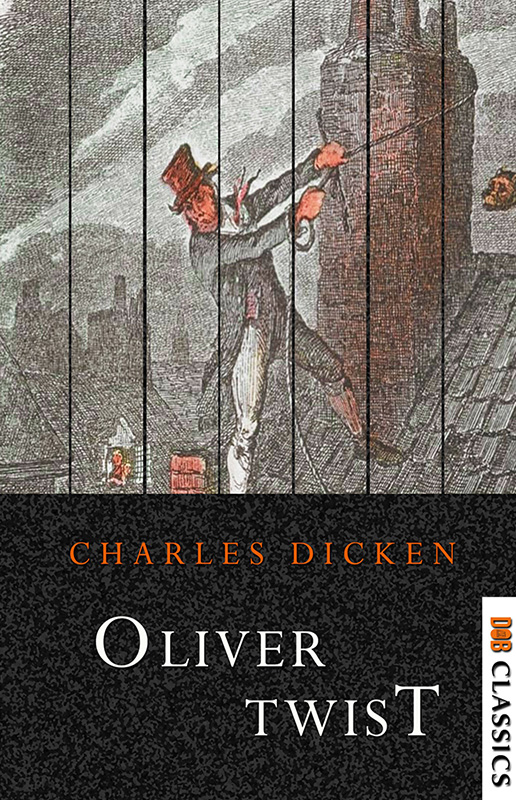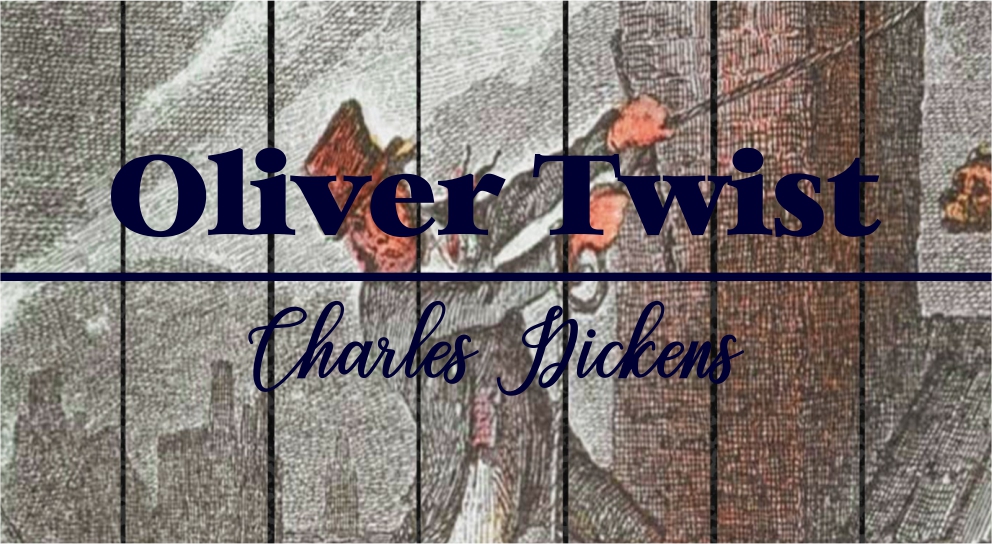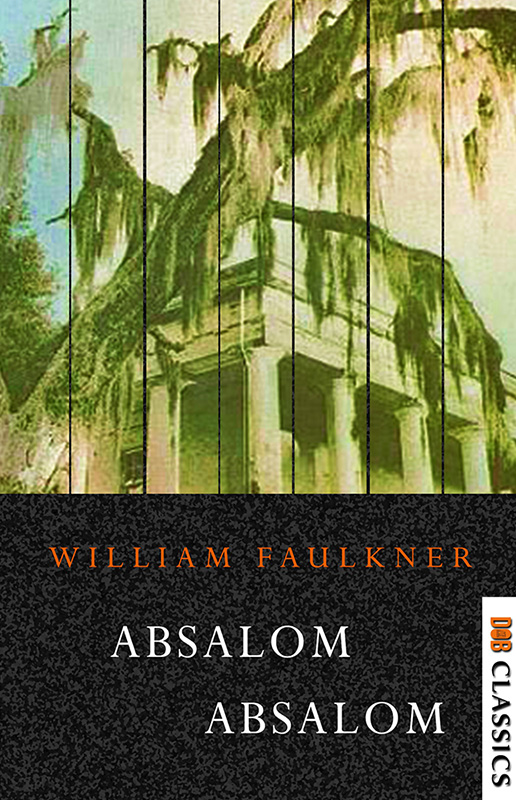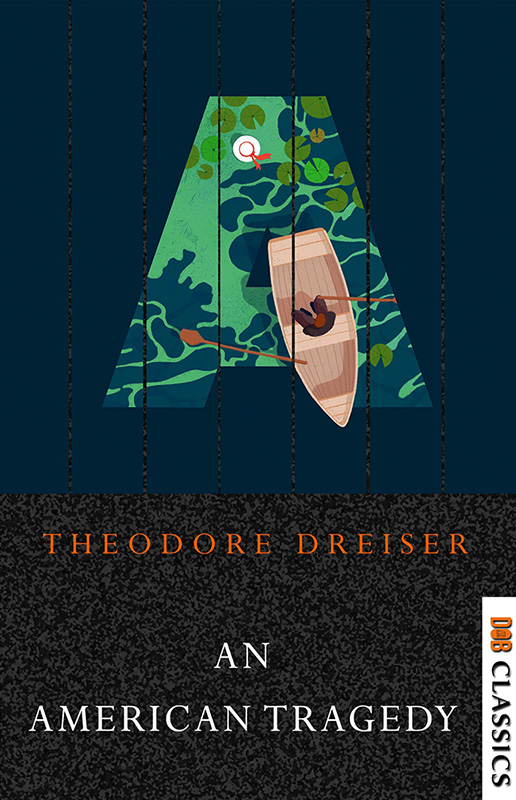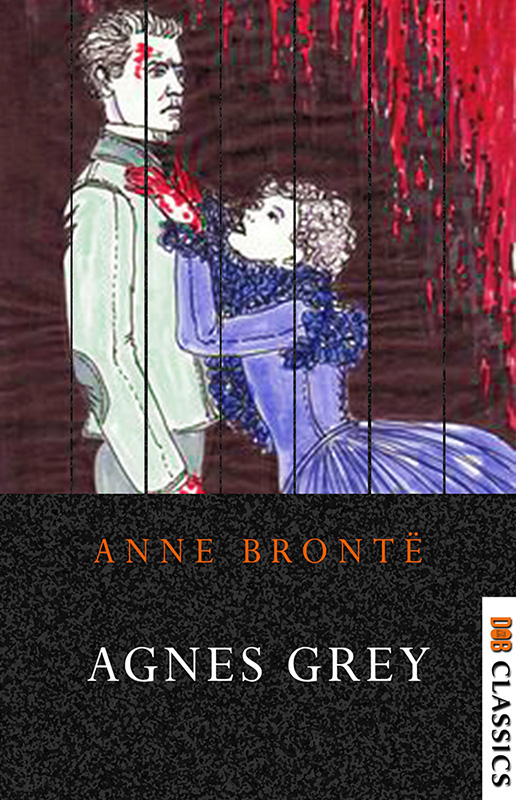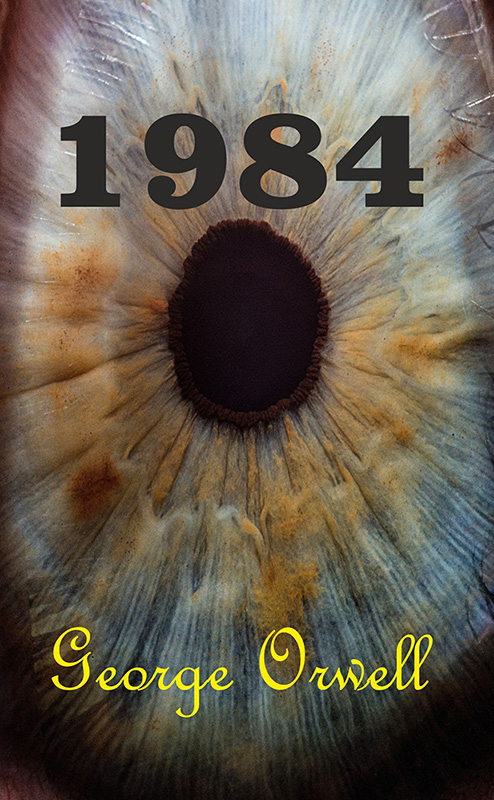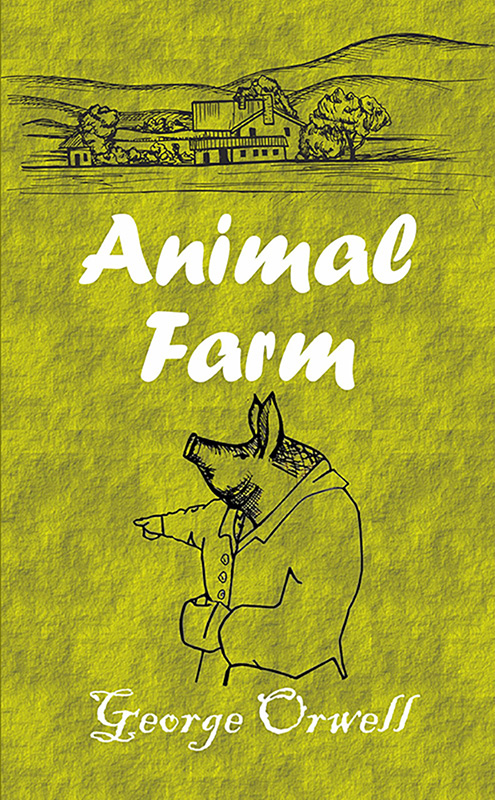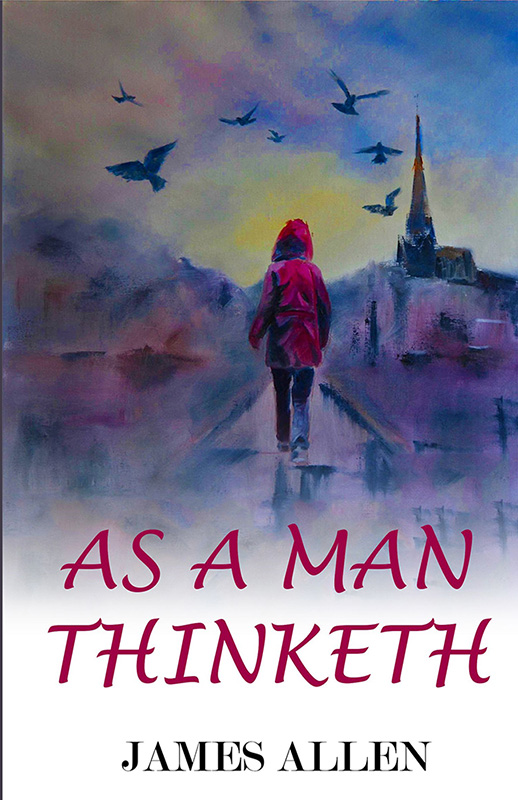Ebook
Oliver Twist - Charles Dickens
Author : Integrity Education
₹50.00
₹29.00
Oliver Twist; or, the Parish Boy's Progress is Charles Dickens's second novel, and was published as a serial from 1837 to 1839 and released as a three-volume book in 1838, before the serialisation ended. The story centres on orphan Oliver Twist, born in a workhouse and sold into apprenticeship with an undertaker. After escaping, Oliver travels to London, where he meets the "Artful Dodger", a member of a gang of juvenile pickpockets led by the elderly criminal Fagin.
ISBN CODE :
Book Preview :
Product Highlights
- Book Type: Ebook
- Category: -NA-
- SKU: lQqh
